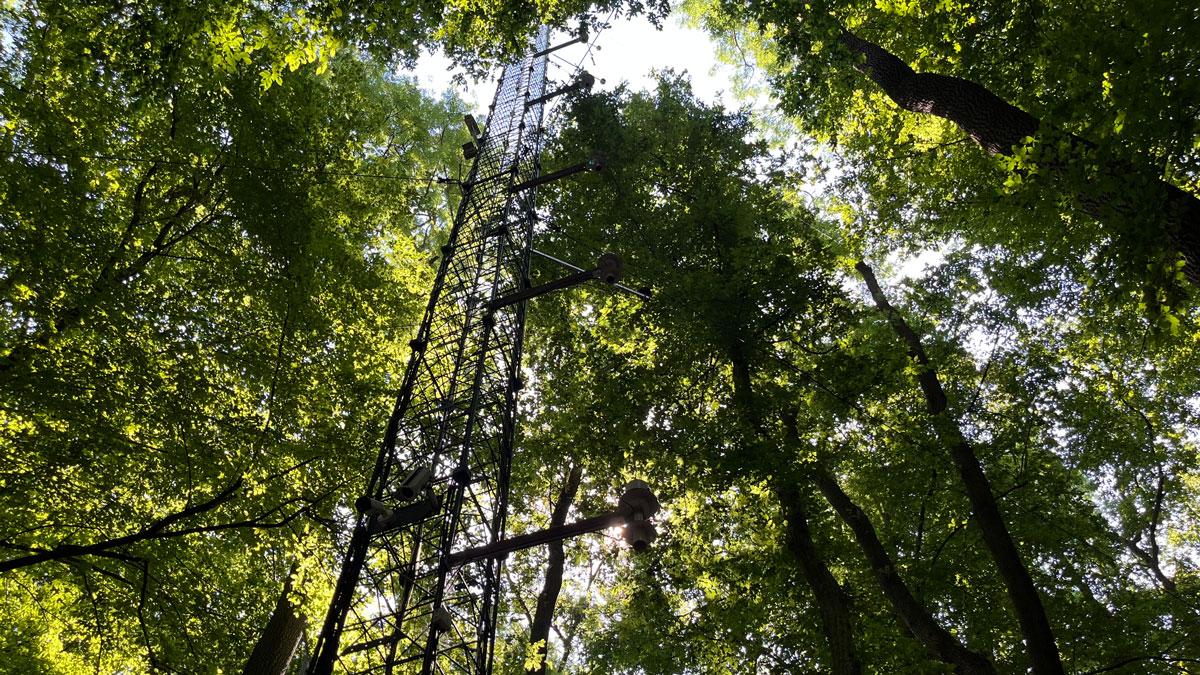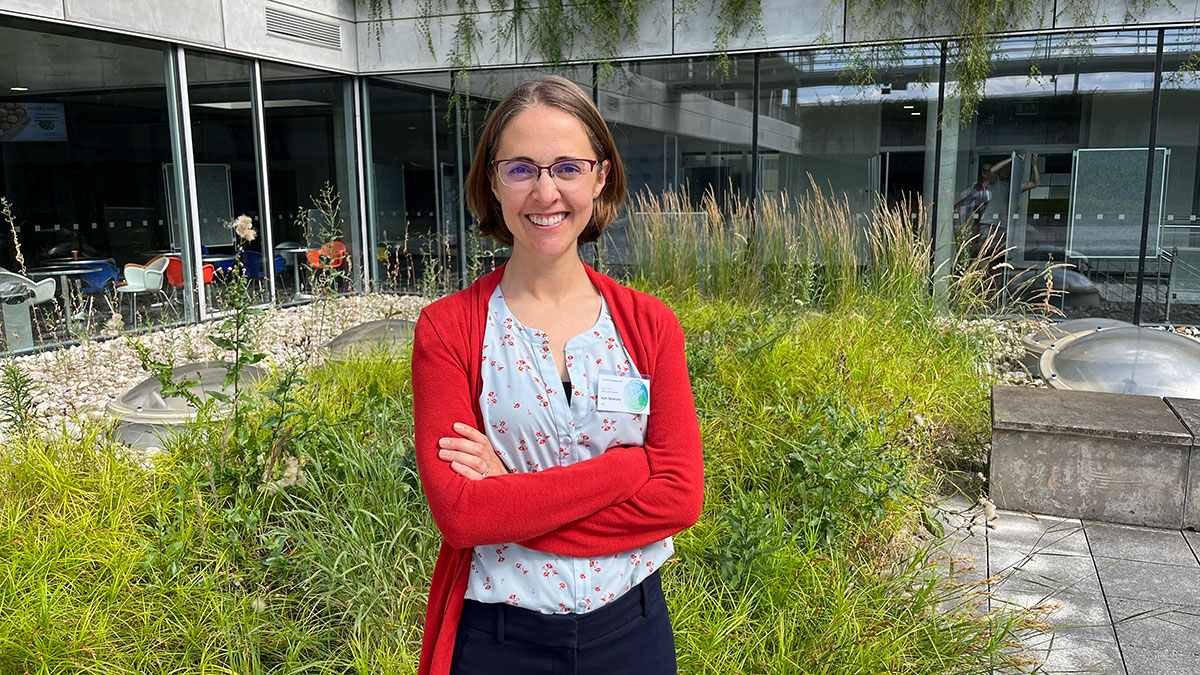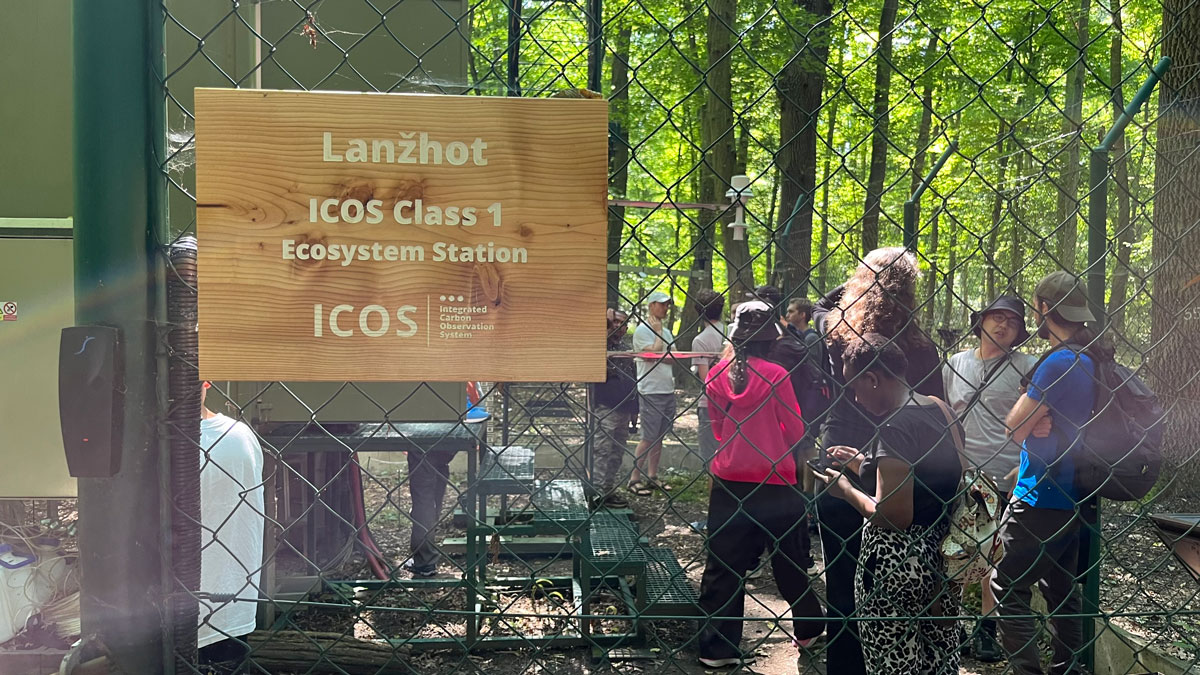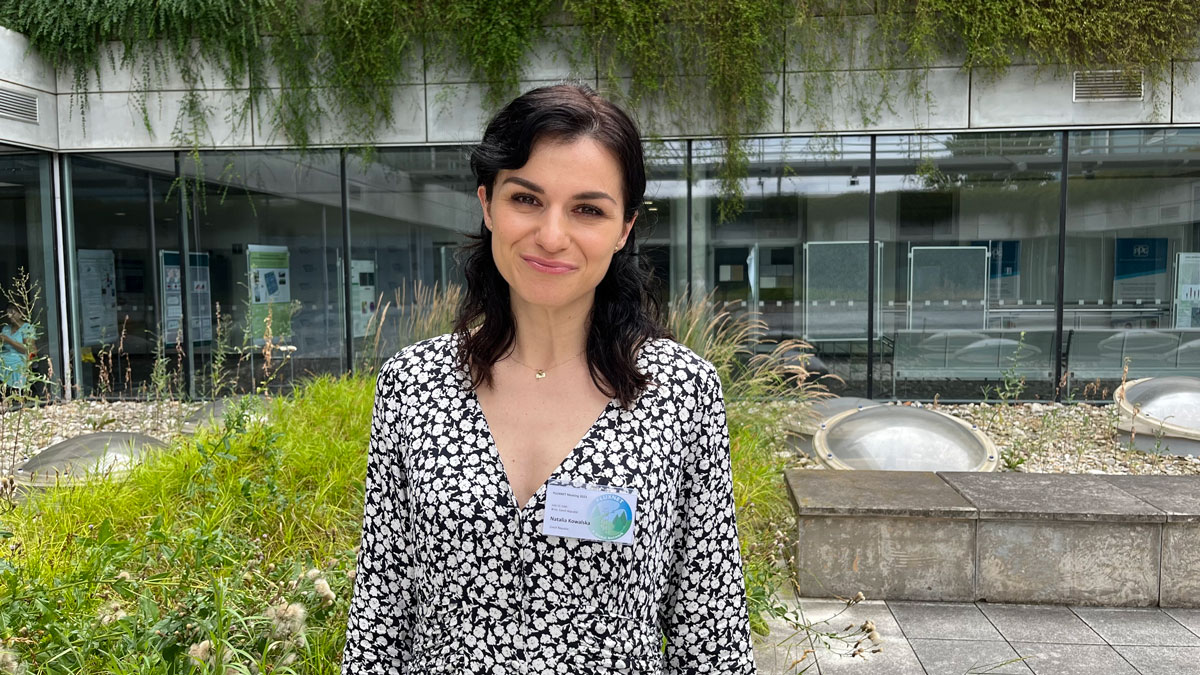
FLUXNET is a global network formed by regional networks performing eddy covariance flux measurements. The community came together in Brno, Czech Republic on 11-14 July 2023 for the FLUXNET conference, which brought together members from all parts of the community: ICOS from Europe, Ameriflux, OzFLUX, SAEON, MexFLUX, and AsiaFLUX. The event was the first FLUXNET conference organised in five years.
The programme included keynote and poster presentations, lightning talks, sponsored talks from equipment manufacturers and breakout room discussions. Members from the ICOS community, including Georg Jocher, Natalia Kowalska, Natascha Kljun, Philippe Ciais and Markus Reichstein presented some of their latest research at the conference.
“FLUXNET has been the driver of data sharing and open data”, said Werner Kutsch, General Director of ICOS in his opening speech. “FLUXNET is an example of the need for global collaboration and for infrastructures to reach long-term sustainability.”
“FLUXNET enables information sharing and knowledge exchange among the community. It’s important to hear from colleagues in different parts of the world to influence your own science”, says Kyle Delwiche, deputy chair of the FLUXNET Coordination Project.

Breakout room discussions included topics relating to data processing, measurement techniques and integrating CH₄ and N ₂O measurements into common processing and database. Other breakout rooms discussed how the FLUXNET community could contribute to carbon accounting and carbon crediting systems and how it could increase its outreach to the general public.
Working towards a new dataset
The last FLUXNET dataset was published in 2015, and the community is currently working on building a pipeline by 2025 so that standardised data from all the regional networks, though still hosted by the networks, could be routinely updated and easily downloaded from one centralised place. To reach that goal, the community is working on several challenges, including managing regional differences in processing data and reducing barriers to sharing it.

The need for global greenhouse gas data is evident. Researchers often need long datasets and data from different types of ecosystems, so ICOS data is regularly used by colleagues in other parts of the world, and vice versa. Access to high-quality data is probably one of the most important prerequisites for impactful research.

Kyle Delwiche, who studies methane emissions in natural ecosystems, says she’s particularly interested in getting data from tropical ecosystems, which unfortunately have far fewer flux towers, partly due to practical difficulties related to reaching and maintaining the towers. Global data from different ecosystems would nevertheless contribute to research and increase our understanding of the processes related to climate change.
“If you want to understand climate change, you need global data”, Delwiche says.
ICOS is the European part of the FLUXNET community. Natalia Kowalska, PI of the ICOS station Lanžhot (CZ-LnZ) and Associate scientist at Czech Globe, was a part of the organizing committee of the conference. ICOS has a long experience in integrated greenhouse gas measurements and contributes to many projects and initiatives globally. In FLUXNET, ICOS has a lot of expertise to offer when it comes to data processing, quality control and establishing a sustainable, long-term international greenhouse gas monitoring network.

“ICOS and FLUXNET have a common goal: to develop standardized methods to produce greenhouse gas data. It’s a good idea to share ideas, for example when it comes to unifying the post-processing of the metadata”, Kowalska says.
FLUXNET is going to continue working on common goals and increasing global collaboration. The next face-to-face meeting will be in Australia in 2025 and in the USA in 2027.